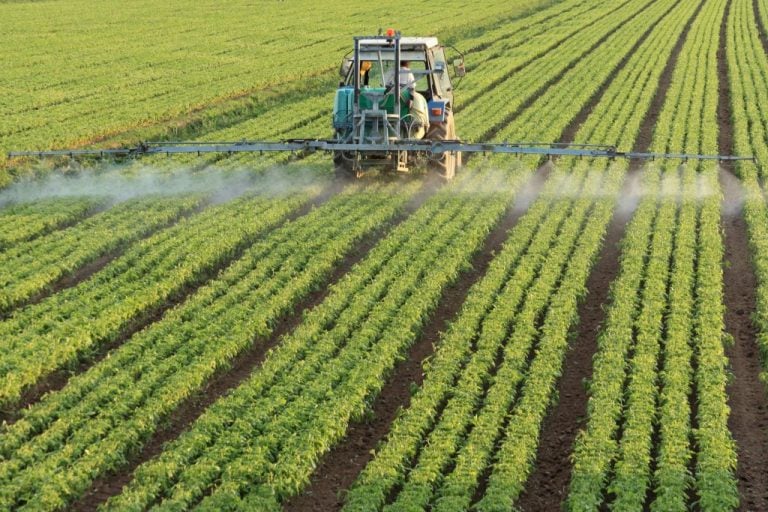Brazilian farmers paid more for a smaller volume of imported fertilizers last year.
The country exceeded by more than US$9 billion in the then record of 2021 when values were around US$15 billion.
The information is from the Canal Rural website, published this Wednesday, the 25th.

Despite the increase in values, from one year to another, the volume of imported inputs fell. In 2021, purchases totaled just over 41 million tonnes. Last year, the total was 38 million tonnes of fertilizers.
In five years, the disbursement of producers with imports jumped almost 200%.
The expenditure went from US$8 billion in 2018 to US$24 billion in 2022.
According to Canal Rural’s content director, Giovani Ferreira, last year, the farmer paid 60% more, for an 8% lower volume.
“We spent almost US$25 billion to buy less fertilizer,” he said. “It increased the cost of production, one of the great pains of agribusiness.”
OUTLOOK FOR 2023
Even with the high costs, fertilizer imports by Brazil started heated this year.
According to Ferreira, the Port of Paranaguá (PR) unloaded the largest cargo of fertilizers in its history last week.
“It was 73,000 tons in a single load,” he noted. “That’s a full Panamax ship.”
Paranaguá is not an isolated case; the country should record the same volume of fertilizer imports this month as in January 2022.
Brazil imports 80% of fertilizers.
It is the fourth country in the consumption of this raw material, which represents about 8% of the world’s usage.
The input is responsible for about half of the productivity of an agricultural crop.
For Bernardo Silva, executive director of the National Union of Fertilizer Raw Material Industries, “agriculture is the country’s engine, that is, without fertilizers Brazil will potentially produce half of what it produces today”, he warns.
With information from Revista Oeste

